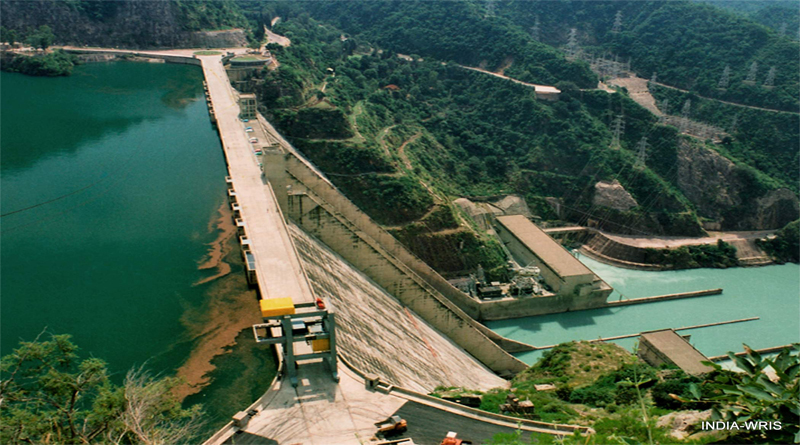

It will surprise most people possibly, but construction of dams is one of the few issues where Indian and Chinese policy makers seem to be on the same page. Even as India is the world’s third largest builder of dams with over 5700 large, China sits at the leading position, with an estimated 27,000 dams.
Large dams, for the purpose of this classification, are dams with a height of over 15 metres.
But that is not really the story here. At a time when dams are increasingly being seen as a questionable investment worldwide, these two countries continue to make them, increasingly against a rising tide of questions and opposition. Obviously, the situation in India, a democracy is more visible and has led to a temporary slowdown even, but from all accounts, the Chinese continue their dam building spree apace.
So what explains this love for dams? Broadly, three reasons. Water security, agriculture, and energy. Both the countries needed to harness their rivers to build a modicum of control over the damage they could cause, use the water to provide more dependable supplies to their farmers to feed their huge populations, and finally, use Hydropower as a key component of their energy requirements.
To these three reasons, one could add prestige, or the love of governments in both countries with the sheer impact large dams’ promise, and their status as visible monuments of achievement at scale.
But its time to allow a more nuanced approach to dam building in both countries, thanks to a mounting pile of evidence that points to the risks of large dams, and the benefits of much smaller structures. On top of that is the fact that some of the largest dams, from the giant Three gorges dam in China to the massive Narmada project in India have clearly failed to deliver on some key promises like overall power generation. Rehabilitation of affected people is of course a perennial sore point in India.
While China has repeatedly rammed its dam construction through with its classic totalitarian template, India has hardly been a laggard, repeatedly declaring disputed projects as projects of ‘national importance’ to ram through opposition faster.
Today we face the troubling ironies like Maharashtra, the state with the second highest number of dams in the country, having the highest number of farmer suicides. It is no surprise that the state has a poor record in terms of dam construction quality. So much money down the drain, effectively. Dams have also been accused of dangerous distortions of farming practices, encouraging famers to shift to water hungry crops in areas where there is no sense or history of the same. This ‘entitlement’ mindset is making it even more difficult to correct distortions in the share of water between say, agricultural use , industrial use and household domestic consumption. Usually at the expense of the latter.
Dams remain important though, contributing most of the renewable energy to the mix today, and to that extent, being a critical component of meeting future renewable energy targets that have been committed.
True to form, government projections and planning is yet to account for climate change, a factor which is having a clear impact on the ground as we write this, be it shorter but heavier spells of rainfall or even lesser rainfall. The data story wil probably take a few more years to confirm the change in trends, but the overall experience with dams clearly points to the need to evaluate their usefulness much more stringently, and factor in a wider stakeholder discussion at the minimum going forward.
Published on: Mar 28, 2018
Andhra Pradesh is striving towards greening its energy sector with quite some speed. In a…
With an objective to bolster India’s green energy goals, a Tripartite Agreement has been signed…
The Union MNRE Minister Pralhad Joshi launched the Green Hydrogen Certification Scheme of India (GHCI)…
India’s energy conglomerate Bharat Petroleum Corporation Limited (BPCL) has commissioned a 5MW green hydrogen plant…
In a historical development, the European Space Agency (ESA) has successfully launched its pioneering ‘Biomass’…
As India looks to bolster its biofuel sector in the era of sustainable development, the…